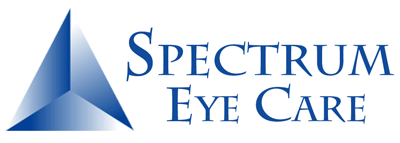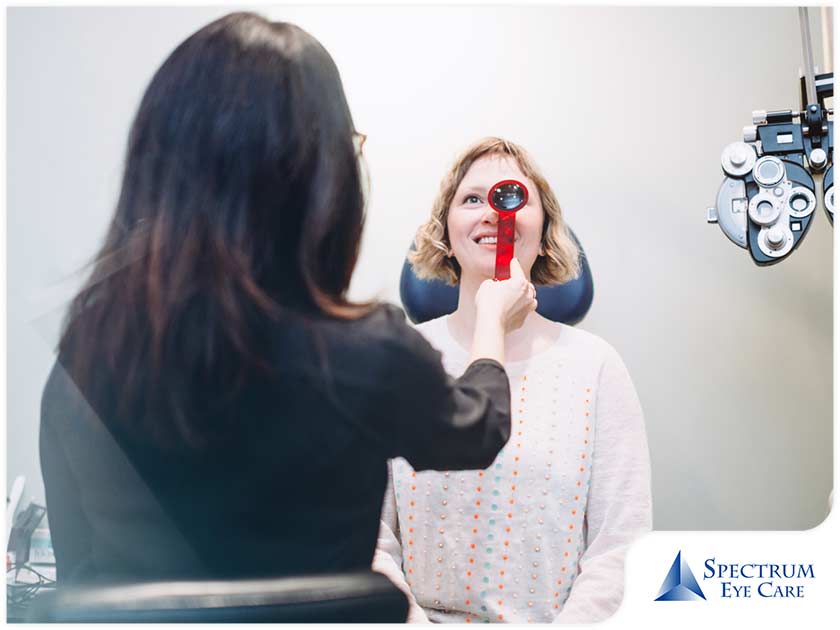You’re probably already familiar with hypertension and how it affects your body’s circulatory system. Something similar can affect the eyes, and this is known as ocular hypertension or high eye pressure.
What Causes High Eye Pressure?
Ocular hypertension happens when the pressure inside the eye (intraocular pressure) is higher than normal. The eye pressure on an average person is 10 to 21 millimeters of mercury (mmHg). So, if it’s greater than 21 mmHg, it’s considered as ocular hypertension. The following are its main causes:
-
Overproduction of aqueous humor: Aqueous humor is the fluid that fills the eye behind the iris. It transports oxygen to the lens and helps maintain pressure inside. If the body produces too much of aqueous humor faster than it can drain, it causes an increase in eye pressure.
-
Trauma to the eye: Trauma to most parts of the body can upset the balance of aqueous production and drainage, and cause increased pressure to the eyes. Sometimes, trauma won’t manifest its effects months or even years down the line, and it would help if you let your eye doctor know about any kind of trauma as soon as possible.
-
Medications: Some medications that contain steroids, such as steroidal eye drops, can cause an increase in eye pressure.
-
Other eye conditions: Conditions like pseudoexfoliation syndrome, corneal arcus and pigment dispersion syndrome are associated with high eye pressure.
Can High Eye Pressure Be Reduced?
People over the age of 40 are at a higher risk of ocular hypertension as well as those who have a family history of it and other eye conditions like glaucoma and myopia. Ocular hypertension doesn’t have outward symptoms, but can be detected through a comprehensive eye exam.
If you have ocular hypertension, your eye doctor may prescribe eye drops formulated to reduce eye pressure. Changes to your diet and lifestyle choices can also have a positive effect on eye pressure levels. A diet with high levels of antioxidants and omega-3 fatty acids – fruits, green and leafy vegetables, and cold water fish – can be beneficial to eye health. Getting regular exercise and staying hydrated have similar health benefits. Lastly, make sure that you are keeping up with your annual eye exams if you are over the age of 40.
Spectrum Eye Care provides eye care services, including pre-op and post-op care following LASIK eye surgery, to clients in Charlotte, NC, and the surrounding communities. Give us a call at (704) 543-9000, or fill out our contact form to schedule an appointment.

